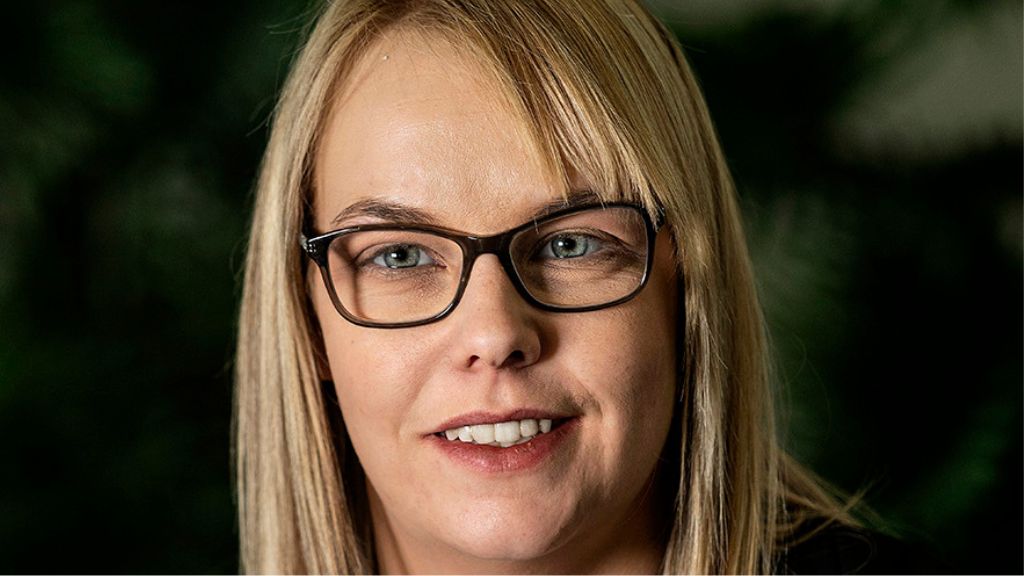More than half a million waiting for social care
New survey findings from ADASS (Association of Directors of Adult Social Services) indicate that more than half a million people are now waiting for an adult social care assessment, for care, or a direct payment to begin or for a review of their care.
The latest data suggests that more than six in 10 councils that responded (61%) say they are having to prioritise assessments and are only able to respond to people where abuse or neglect is highlighted, for hospital discharge. or after a temporary period of residential care to support recovery and reablement.
At the end of February, no fewer than 506,131 people were waiting for assessments, reviews, and/or care support to begin.
There has been a 16% increase in the number of hours of home care that have been delivered since spring 2021, but that dipped in the first quarter of this year from a high of more than 41 million hours in autumn 2021 as staff vacancies and sickness made their effect felt.
Almost 170,000 hours a week of home care couldn’t be delivered because of a shortage of care workers during the first three months of this year. That is a seven-fold increase since spring last year,
ADASS contends that despite staff working hard over the past two years, levels of unmet, undermet or wrongly met needs are increasing, and the situation is worsening with people waiting longer for care assessments, reviews, care packages and personal budgets, while family carers are having to shoulder greater responsibility and are being expected to take paid or unpaid leave from work when care and support are unavailable for their family members.
Sarah McClinton, ADASS president, said: “We have not seen the bounce back in services after the pandemic in the way we had hoped. In fact, the situation is getting worse rather than better. Social care is far from fixed. The health and social care reforms go some way to tackle the issue of how much people contribute to the cost of their care, but it falls short in addressing social care’s most pressing issues: how we respond to rapidly increasing unmet need for essential care and support and resolve the workforce crisis by properly valuing care professionals.”
ADASS chief executive Cathie Williams added: “Without action to prioritise care and support in people’s homes and local communities, it will take years rather than months to fully recover. We need a funded plan so that we can ensure that everyone gets the care and support they need, with more of the Health and Social Care Levy being used to fund care and support in people’s homes and communities over the next two years. People cannot wait for funding to trickle into adult social care and wider community services.”




